|
It's been a few months since Cinderwild's debut pub date. Finally Marina and her apprentice are visiting bookshelves in and around the country. No one tells you how good it feels to have your characters out in the world where they can touch other hearts and minds.
As for me, I'm busy at work with Book 2 and daydreaming about a new series. Not easy, amidst hours of lacrosse practice with the second son and enrichments and all the hours working with students and families. But it is happening. Slowly. In the meantime, I'm just going to put this LINK TO BUY here. Grab your copy! Here's a recent review from a reader: "This book was a wonderful mix of female friendship, romance, and magic. I enjoyed the gritty fairytale retelling of Little Mermaid and Cinderella, which was fresh and unlike any retelling I'd read before. Cinderwild renewed my love of feminine power stories as the two main witches battle their society and their own insecurities and mistakes. A fast-paced read with fantastical twists and turns and a feel good ending." Gritty. Powerful. Happily Ever After. I think that about sums her up. Putting this short story written in the Cinderwild world up here for folks to check out, and happy Cinderwild Birthday!
Why do I love writing stories about characters on the edges of stories we know and love? Well, that might take a minute to unpack. It all began with a Jewish rabbi. Rabbi Ratner was one of my religious studies professors in college, who introduced me to the Talmud, which I can only (badly) describe here as a conversation between rabbis and other holy men throughout the centuries about the most hallowed religious texts of Judaism. The Talmud's teachings filter, reframe, and expand those foundational texts and stories. I fell in love with this concept and practice, and continue to obsess over it. Humans stay in conversation with powerful stories for centuries. I grew up reading Cinderella and Snow White, watching movies about them and seeing these roles reprised in a thousand different ways. Archetypes are akin to genetic coding for the emotional and imaginal realms, so when we rewrite that code, new and interesting ways to think and feel appear. It's real world magic, my favorite kind! Whew, it's been a long year and half, but now my book baby is almost here! Cinderwild will be released in a couple of weeks, and I'm so excited to share this book with y'all.
Here's why I love it: Fairy tales, but with a twist!!! Cinderwild is the story of Cinderella's godmother, Marina, a powerful witch living during the Thirty Years War. For those of you who haven't had history class in a while, this period was rife with change in Alsace, an eastern region of France which has officially passed over centuries between France and Germany but during the early 1600s mostly belonged to itself. Catholics and Protestants were fighting over who would control God, or at least the ways people approached God. And meanwhile women were being burned at the stake from Scotland down through Spain. Just a note for those of you who have been around for a while: this book is spicy. If you're not down with getting down, then this is not the book for you. I hope most of you will be curled up with this book over Christmas, and if not, reading something else you will love. Happy Holidays ! xoxo C 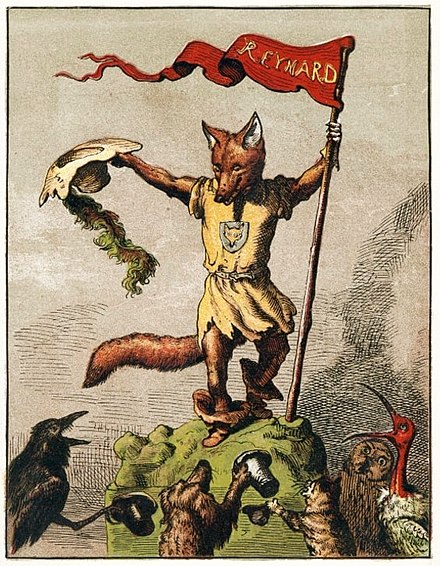 One of my favorite recent episodes from the podcast. So often teachers and leaders feel the onus of being exemplary. They see their role, even and maybe especially in progressive education, as embodying the values or philosophy they share--and there is a lot of value to this way of thinking. But there's a limit to how much staid, confident advice anyone can handle. Let's change it up. Give me a teacher who prods and pushes, who makes me laugh, who points out the absurdity of life. In story, I am thinking of Coyote or Loki or that medieval trickster, Reynard the Fox. Lies that lead to truth that lead to lies. Paradox, uncertainty, discomfort. These are areas where we make big leaps, not small pedagogical steps. Take a listen. Enjoy. Or not.
In a couple of weeks, Season Three of Best Practices in Education Podcast releases. Last season, we were lucky enough to report on teacher experiences in the pandemic in real time, both at the administrative level and with faculty. Favorite episodes included topics like "Experiential Learning" and "Creating Connection in the Classroom." I don't have any data to support my conclusions, so feel free to disregard, but the stats show that teachers are hungry for practices and strategies that build real, in-person connection, an experience which so many of us struggled with throughout 2020 and into the first half of 2021.
I'll be hosting again. And we're lucky to have the incredible River Guerguerian, audio and real-life wizard, making sure we sound good again this year. This season, we're hoping to have more deep conversations with teachers about what makes them come alive, both in and out of the classroom, in addition to a few spotlights on teaching anti-racism and dismantling white supremacy. So plug in while you are doing the dishes or driving your kids to work. We'll do our best to delight and inspire. If you haven't listened before, try it now on Apple podcasts and most other listening platforms. I've linked the last episode of Season Two below, a description of how to teach a Life Cycle Project in the high school science classroom. 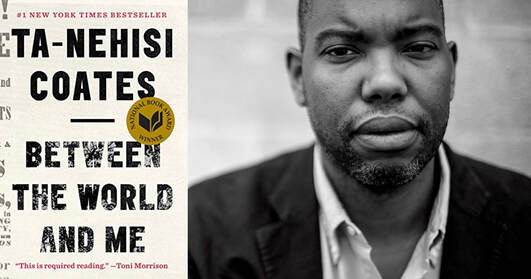 Because Black Lives Matter, and that's all any of us should be talking about right now, I'm taking a pause from SFF to review a book that's not new but is new to me. Published in 2015, Ta-Nehisi Coates book Between the World and Me is an epistolary essay written by the black author to his black teenage son. It's a complicated book, full of love and pain, holding the meditative quality of black man remembering the process of living into himself in the midst of a racially divided and divisive America. And it is the story of a black body vulnerable to the continued violence of a deluded nation. So in essence, Coates tells the story of our times. Important reading, and the text does not pull punches. This is a book that will change your life, because it will change your heart. Coates changed my heart. And in the change, the view isn't prettier, or relieving. Here, the pressure is on. First, language. The words here are strong and clear, and the book moves with a relentless connection to place and community. Coates' world is Baltimore, Maryland; Howard University, Washington D.C.; Brooklyn, NY, and finally Paris, France. These places and their people made him, and in the rhythm of his words, I feel city streets, neighborhoods, corner stores, bodegas, and the ever present threat of police. I grew up in East Tennessee, in wide open rolling green hills, in a very liberal family, with parents who revered the work of Dr. Martin Luther King, Jr. but who had no local black friends themselves (Neither did I; none lived in our small Southern town outside of the maximum security prison that lay in my backyard--this is in itself a part of the larger story that Coates marks). I love King's work and legacy. But Coates doesn't appreciate King's message, especially in his youth. Instead, as a young black man, he reveres Malcolm X. From the beginning, he's very clear about the demarcation of legacy, and as a reader, I found a sense of rightness in it. I haven't read Malcolm X's autobiography, "By Any Means Necessary," but I remember watching Spike Lee's 1992 film Malcolm X in my teenage years and being immeasurably moved by his power, pride, and strength; he had the force of a man demanding justice from an unjust world. And from the first pages of Between the World and Me, there is a similar demand, to commit to whole-hearted living outside of and in opposition to the narrative of white supremacy and patriarchy. Indeed, Coates tells his son, this struggle is the only living that is worthy of breath. The book struck me as a kind of quest. As Coates travels from childhood to adulthood and enters the world of Howard University in Washington D.D., the Mecca, he builds from the philosophical relationship with Malcolm X to a relationship and kinship with many other black authors and thinkers. Over and over again, Coates describes his parents refusing to give him answers to big questions, but instead sending him out into the world to ask and seek. The book is a record of that journey of questions and answers in a world of black men and women, a call and response, even within its very format as a plea and record for Coates own son. For every parent, Between the World and Me offers this powerful lesson: encourage your children to seek truth, and they will be changed by it. They will grow to become bigger than the self who first asked the question. Coates seeks this for his son, as I seek it for my own. And he shares wisdom and pain in the seeking. "Between the World and Me" squeezed my heart in a painful vise. As a white woman, it's impossible to read this book without a deep sense of shame and self-disgust and copious tears. We white people are deeply responsible for the sins white America has visited on our black brothers and sisters time and time again. The sins that continue to be visited. But the most powerful section of the book came in the repetition of the theme of the American Dream, and how that dream was never meant for black bodies. He says, "A society, almost necessarily, begins every success story with the chapter that most advantages itself, and in America, these precipitating chapters are almost always rendered as the singular action of exceptional individuals. In fact, black bodies were the ground on which the Dream was born and on which it is sustained." This echoes a Ted Talk our history teacher at Odyssey shared recently (shared below), in which Hasan Kwame Jeffries reflects that the home of James Madison, Montpelier, the home of the American Constitution and the Bill of Rights, was crafted from bricks that black slave children made. This lie, this Dream, is a myth we have all been told. And there are more lies. As Coates says, "Perhaps one person can make a change but not the kind of change that would raise your body to equality with your countrymen." God what a truth to be spoken again and again, especially right now. And here is the thing about truths that go this deep. You just live to them, to their recognition out on the fabric of society. And we are living toward this truth still because the truth will always out. What does it mean to be woke, that term that's come to mean so much? I don't fully know. I know that to wake up from the Dream, as a white person, if that's even possible means to recognize all the violence that has been done and continues to be done on your behalf. It means I realize I am part and parcel of continuing that violence, even when I don't want to be. It means I have to fight that violence actively in order to deny its lies. May we heed the warning. Again in Coates' words, "There is some passing acknowledgement of the bad old days, which by the way, were not so bad as to have any ongoing effect on our present. The mettle that it takes to look away from the horror of our prison system, from police forces transformed into armies, from the long war against the black body, is not forged overnight. This is the practiced habit of jabbing out one's eyes and forgetting the work of one's hands. To acknowledge these horrors means turning away from the brightly rendered version of your country as it has always declared itself and turning toward something murkier and unknown. It is still too difficult for most Americans to do this. But that is your work. It must be, if only to preserve the sanctity of your mind." Coates to his son, but also to every one of us. Between the World and Me comes with a quote from Toni Morrison on the cover. "This is required reading." True. This is not a book for most young children, but every teen should read it, as should every American. It's a text that will bring you to your knees. I've spent more than a little time reading over the last few weeks, as North Carolina has been sheltering in place for more than five weeks. Odyssey moved to remote learning on March 17th, the first school in Buncombe County to make the decision to close the physical campus to students. And while my outside "container" has gotten a lot smaller, I've been exploring the multi-verse of recently published fantasy and sci-fi novels. Here's the first of a series of book reviews: It's been a busy spring, but just a quick update here about the WNC Teen Film Festival. This is a new competition sponsored by Odyssey working in partnership with Paul Bonesteel of Bonesteel Films, Brad Hoover of the Asheville School of Film, and Katie Damien from Angry Unicorn Entertainment. The competition closes in just another week, so if you get a chance, encourage teen filmmakers you know to go ahead and make a submission. The Awards ceremony will be held in April at the local Fine Arts Theater.
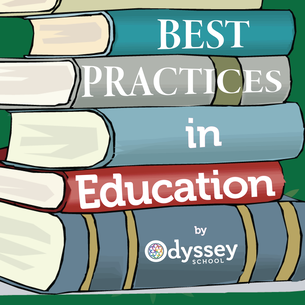 I've been working on a couple of new projects this fall, and one of them is the Best Practices in Education Podcast. Odyssey School has a unique professional development structure, instituted by my leadership partner, the lovely Megan Martell. In it, our teachers come together for the weekly faculty meeting and professional development time on Wednesdays, and at the beginning of that block, there's a fifteen-minute slot for a Best Practices Presentation. All teachers sign up for one slot per semester, and we rotate through the line-up across the course of the year. Topics range from things like "Bias in the Math Classroom" to "Relaxation Strategies for Teachers." When we first instituted Best Practices, Megan and I were quickly surprised by how inspiring they were. Both we and our teachers got a chance to remember why we had become educators. The presentation began, and faces perked up, curious and ready to learn. Weekly, we were invited to consider an unfamiliar topic or to peer into someone else's classroom to see how they deal with that pesky little problem. The podcast aims to bring this same experience to a broader audience. Recorded in an interview style, the episodes are quick, just fifteen minutes. I hope you, like me, find them to be the right size to bring a little inspiration and awareness to new areas of teaching--and learning! I'm still working in fits and starts on the new poetry collection, the working title of which is "Bindings of Love." Here's one from that series.
|
AuthorCoranna Adams is a writer, filmmaker, and educator from Asheville, North Carolina. Archives
December 2023
Categories
All
|
|
Click to set custom HTML
|
Site Copyright Coranna Adams, 2023 all rights reserved. Do not copy or reproduce without permission.
|

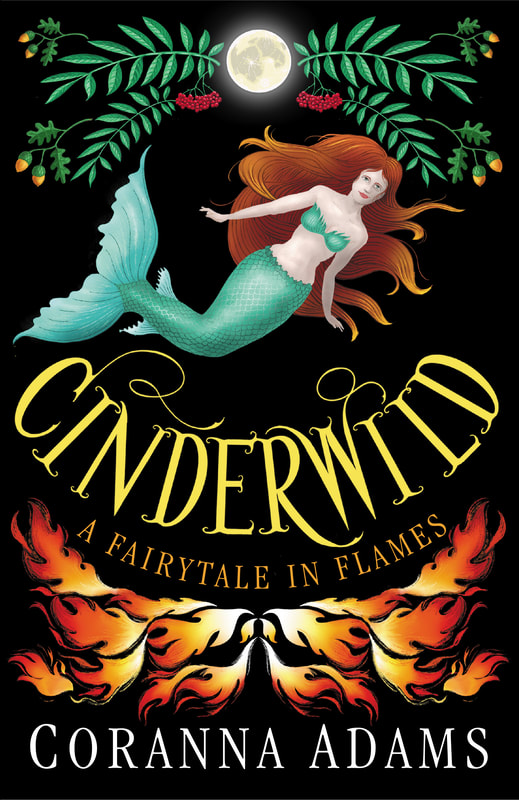
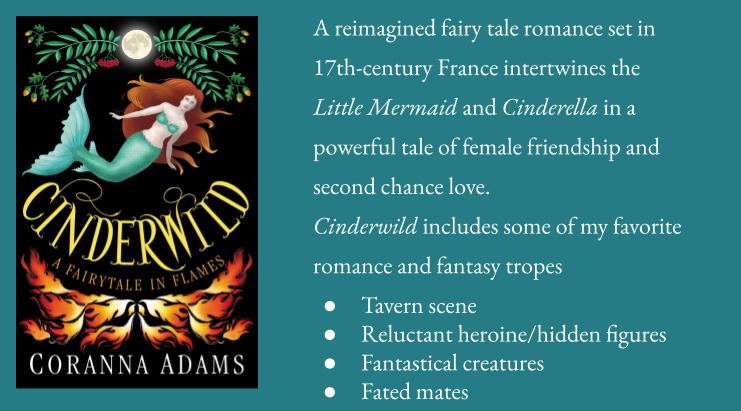
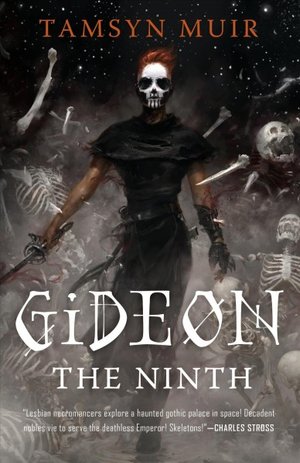
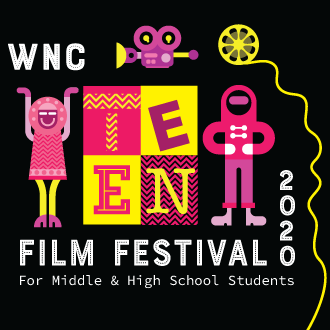
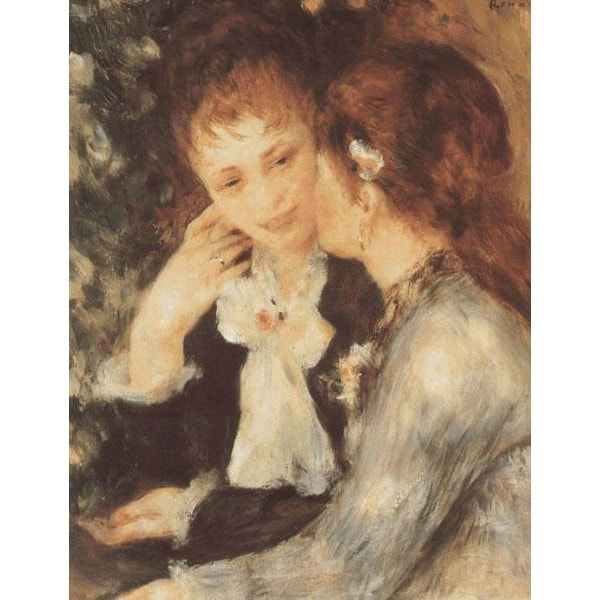
 RSS Feed
RSS Feed